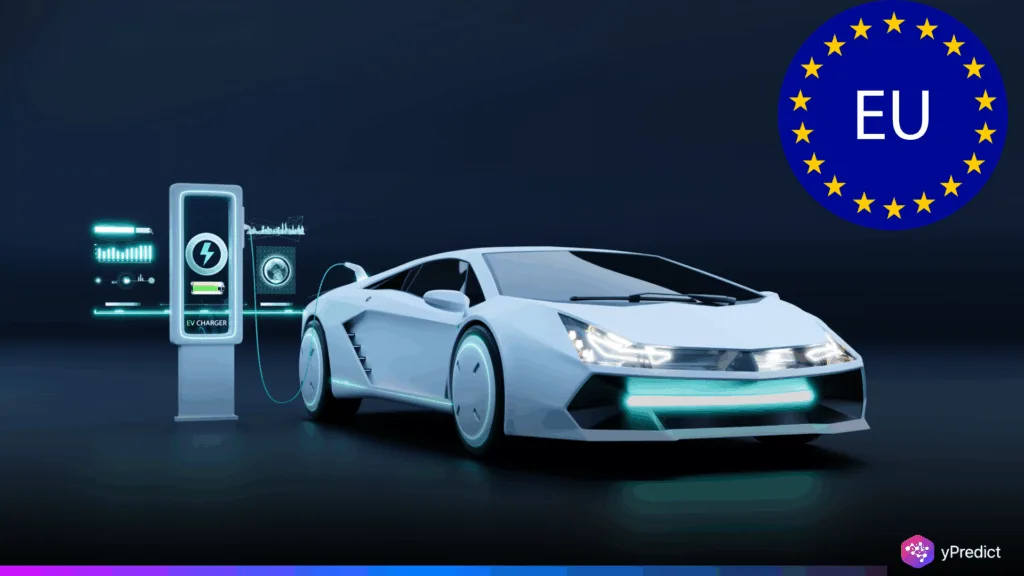
The European Union has imposed an additional levy of up to 35% on electric vehicles manufactured in China. This is the extra 10% duty that is already in place. As a result, this move, which was presented as China EV tariffs, had an immediate impact on the market. Furthermore, this made the euro stronger in comparison to the yuan. Central banks, traders, and export-oriented countries paid close attention to the China EV tariffs. The forex markets are prepared for volatility, but the EU hopes for more equitable competition.
Will EU Tariffs Reshape Global Auto Competition?
The EU’s latest package raises electric vehicle taxes, attempts to rebalance the trade balance, and counteracts Chinese state subsidies. As capital flows changed, currency traders saw the euro strengthen against the yuan.
Additionally, the forward and spot forex rates changed quickly. This extra tax layer demonstrates Brussels’ determination to protect its automakers. Market-watching analysts noted changes in profit margins and import expenses. Furthermore, investors who prioritized exports modified their hedging strategies in response.
European consumers may pay more for electric vehicles as a result of these changes. Thus, cross-border demand is impacted. The continued market impact of price volatility is strengthening sentiment in the forex market.
Do China EV Tariffs Drive Volatility in Forex Trading?
Forex traders are keeping an eye out for potential retaliation as China’s EV tariffs become more established. China may impose counter-duties on European exports. Therefore, the pressure on the supply chain and the euro’s value could increase its influence.
European automakers may be able to partially hedge currency risk if they work to rebalance production within the EU. However, the combination of tariffs, geopolitical tensions, and electric vehicles frames a complex future.
China EV Tariffs Create Long Shadows Over EU Markets
A clear indication of the EU’s commitment to trade is the decision to raise barriers through China EV tariffs. Forex markets reacted instantly, highlighting volatility and strengthening the euro-yuan pair. Furthermore, while intended to protect local producers, the move may encourage similar measures, resulting in additional market impact.
Since green industrial competition is still centered on electric vehicles, currency strategists need to remain alert to changing policies. Therefore, both forex desks and heads of trade will require quick responses in this changing environment. In today’s interconnected world, trade policy is equivalent to currency policy.







